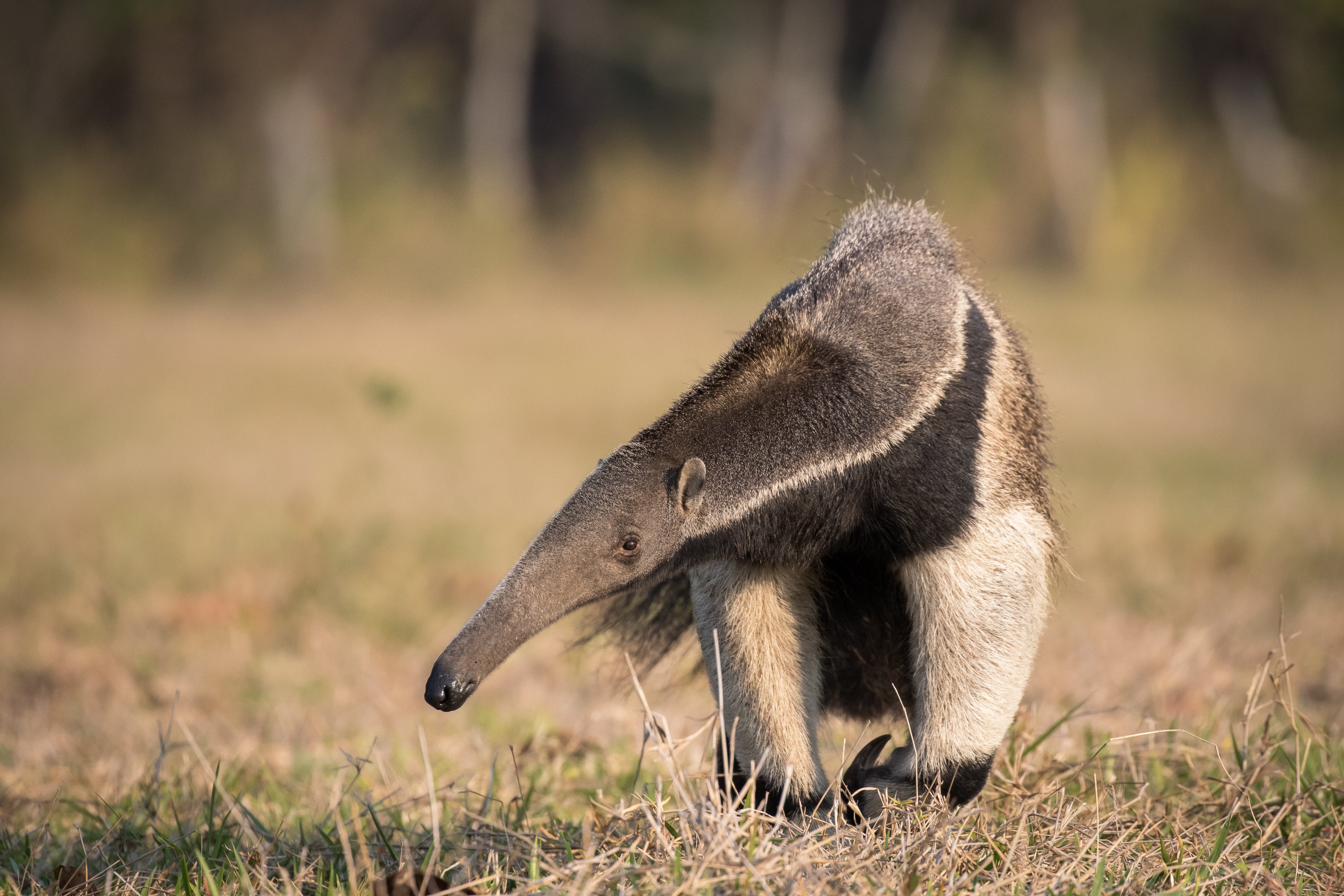Boris Johnson urged to champion ‘neglected’ grasslands and meadows ahead of Glasgow climate summit
UK has lost 97 per cent of its meadows and grasslands over the last century, charities say
Your support helps us to tell the story
From reproductive rights to climate change to Big Tech, The Independent is on the ground when the story is developing. Whether it's investigating the financials of Elon Musk's pro-Trump PAC or producing our latest documentary, 'The A Word', which shines a light on the American women fighting for reproductive rights, we know how important it is to parse out the facts from the messaging.
At such a critical moment in US history, we need reporters on the ground. Your donation allows us to keep sending journalists to speak to both sides of the story.
The Independent is trusted by Americans across the entire political spectrum. And unlike many other quality news outlets, we choose not to lock Americans out of our reporting and analysis with paywalls. We believe quality journalism should be available to everyone, paid for by those who can afford it.
Your support makes all the difference.Campaigners have called on Boris Johnson to seek new protections for the world’s grasslands ahead of Cop26, the global climate summit taking place in Glasgow in November.
Grasslands, from African savannas to English wildflower meadows, cover a quarter of the planet’s surface and account for around 12 per cent of the carbon stored in land.
Grass-dominated habitats also support a huge diversity of wildlife across the world, with lowland grasslands in Asia supporting Bengal tigers and one-horned rhinos and Brazil’s Cerrado region offering a home to giant anteaters, jaguars and giant armadillos.
Despite their benefits, the world’s grasslands face a number of threats. The danger of being converted into agricultural land is one, along with changes to temperature and rainfall driven by the climate crisis.
In a letter, a coalition of environmental charities has called for the prime minister to work to secure an international agreement to protect and restore grasslands ahead of Cop26.
“Restoring species-rich grasslands will be crucial in the fight against climate change,” Gill Perkins, chief executive officer of the Bumblebee Conservation Trust, one of three charities behind the letter, told The Independent.
“But what we’re seeing is that they’re being neglected in conversations about climate change.
“At the moment the focus is on restoring forests as the main natural tool for tackling the climate crisis, but our message is that restoring grasslands is equally as crucial.”

Mr Johnson has repeatedly promised to make “natural climate solutions” – such as restoring ecosystems and planting trees – a key part of Cop26.
The letter, which is also signed by Plantlife International and Butterfly Conservation, calls for the prime minister “to seek international recognition and protections for grasslands” and to ensure that these protections are “included in Cop communiques”.
It adds that the UK government should also commit to producing a grasslands action plan to reverse damage to the country’s own meadows and other grassy habitats.
“In this country we’ve lost 97 per cent of our wildflower meadows and other species-rich grasslands over the last century,” said Ms Perkins.
“Flower-rich grasslands are critical reservoirs for our pollinators. Meadows also capture and hold back water, reducing flooding risk, and lock up pollutants.”
In May, a report produced by around 100 experts from across the UK argued that restoring grasslands and other ecosystems will be “vital” for boosting natural carbon stores, stemming nature loss and enhancing public well-being.
Restoring natural ecosystems such as grasslands offers real promise for tackling the climate crisis, but should not be seen as a replacement for measures to cut emissions, such as transitioning away from fossil fuels, the scientists said.
“Nature-based solutions complement, but are not an alternative to, drastic carbon emissions cuts and other measures to protect biodiversity,” said Prof Rick Stafford, a conservation biologist at Bournemouth University.
A government spokesperson said: “We are determined to protect and restore species-rich grasslands, which are vital for biodiversity and safeguarding carbon stores.
“Biodiversity loss is a global problem requiring a global solution – and the UK will play a leading role in developing an ambitious worldwide biodiversity framework to be adopted at Cop15 of the Convention on Biological Diversity later this year.”

Join our commenting forum
Join thought-provoking conversations, follow other Independent readers and see their replies
Comments